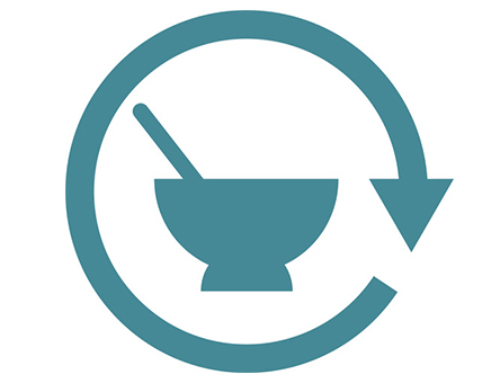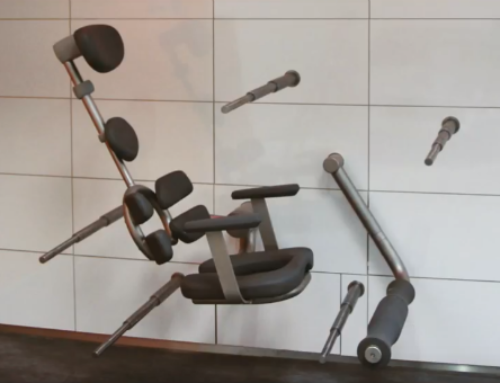The intention
Introducing a cooperative micro-insurance system in Nepal, under the name Share&Care, with the aim of improving access and quality of healthcare, including prevention and rehabilitation. From the outset, local ownership and responsibility for the entire project is in the hands of the community itself. Karuna supports the village cooperatives financially and technically for two years, followed by two years of training and guidance to ensure the overall sustainability of the care system.
The approach
Karuna implemented this cooperative micro-insurance system in two pilot villages. With the experience gained, this model would then be replicated on a larger scale in Nepal. In line with her vision, Karuna has invested a lot in capacity building in the first two years, a clear structure, leadership and learning capacity development, self-reliance and a financially transparent system with monthly accountability from the local cooperative. After a difficult start in one of the pilot villages due to a persistent misunderstanding about a hospital to be built (see Karuna's brilliant failure of 2010), didn't manage to get from Share&Care to make a sustainable initiative. Despite all efforts, there was a negative balance sheet at the end of the second year 7000 euros due to high use of medicines, unnecessary referrals to hospital, irresponsible management and weak leadership and no contributions from local and district government. Karuna was expected to close the financial gap and solve all other problems. Of course, much of the resulting dependence was due to our own rookie mistakes. In doing so, we saw no will for development or learning capacity among local leaders. After intense internal discussions, we decided to support Karuna's Share&Which doesn't 2 years to stop in this pilot village, because we realized that the chance of sustainable success was very small.
The result
This painful decision to stop at the pilot village has had an unpredictably positive effect on leadership and the (financial) participation in the other surrounding villages where Karuna had meanwhile also started this micro-insurance system. There has been a clear shift from dependence on Karuna to pro-activity of the village leaders and there is a greater chance of self-reliance and future-proofing of the cooperative micro-insurance system.
The lessons
The learning moment for Karuna as a development organization is that you must have the courage to stop and let go of the project and the people if there is no chance of sustainable success. This always poses an ethical dilemma, because stopping in the short term is at the expense of the target group. However, such a painful decision can have a positive effect on a larger group of people in the long term and on a larger scale.
Author: Karuna foundation
OTHER BRILLIANT FAILURES
Who finances lifestyle in cardiac rehabilitation?
Beware of the chicken-egg problem. When parties are excited, but first ask for proof, check carefully whether you have the means to provide that burden of proof. And projects aimed at prevention are always difficult, [...]
Brilliant Failure Award Healthcare – 20 to stop coming up with new advice 2024
Wednesday 20 In November, the Brilliant Failure Awards for Healthcare will be organized for the tenth time by the Institute for Brilliant Failures.
Sick but not pregnant
Never assume that everyone is fully informed, especially when there is new information informatie. Provide a knowledge environment in which everyone can make his or her decisions. check what [...]












